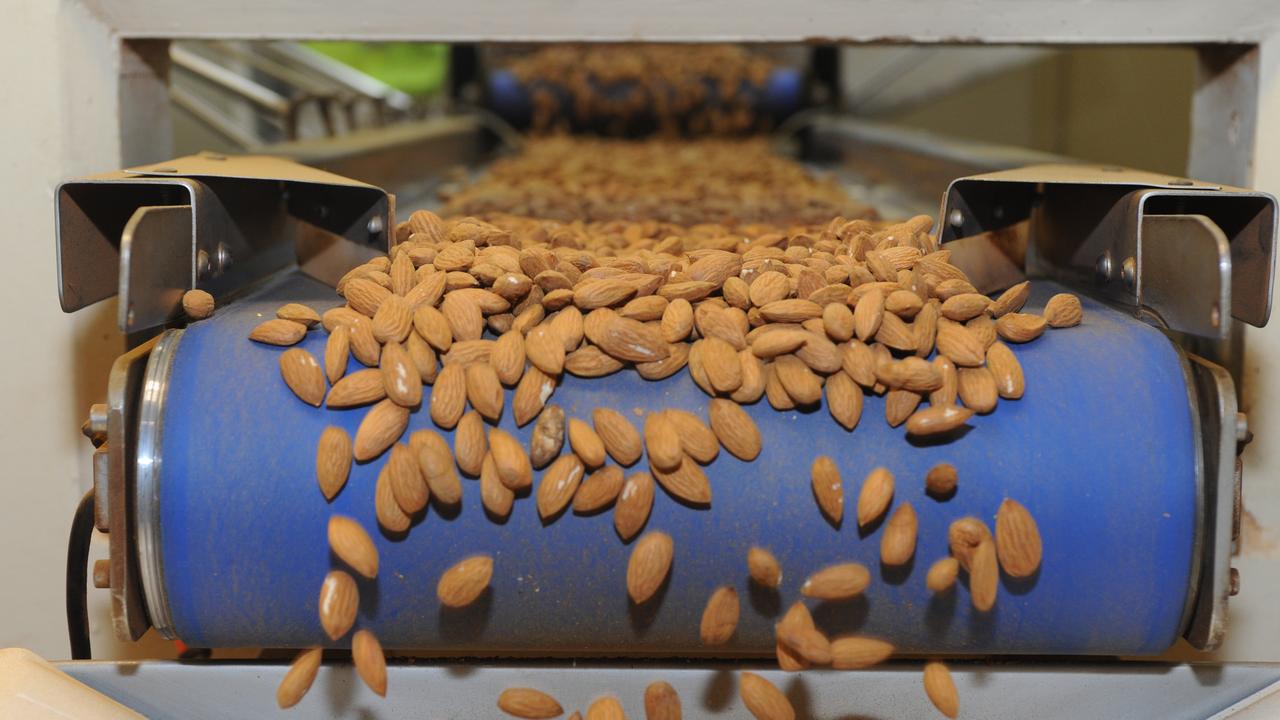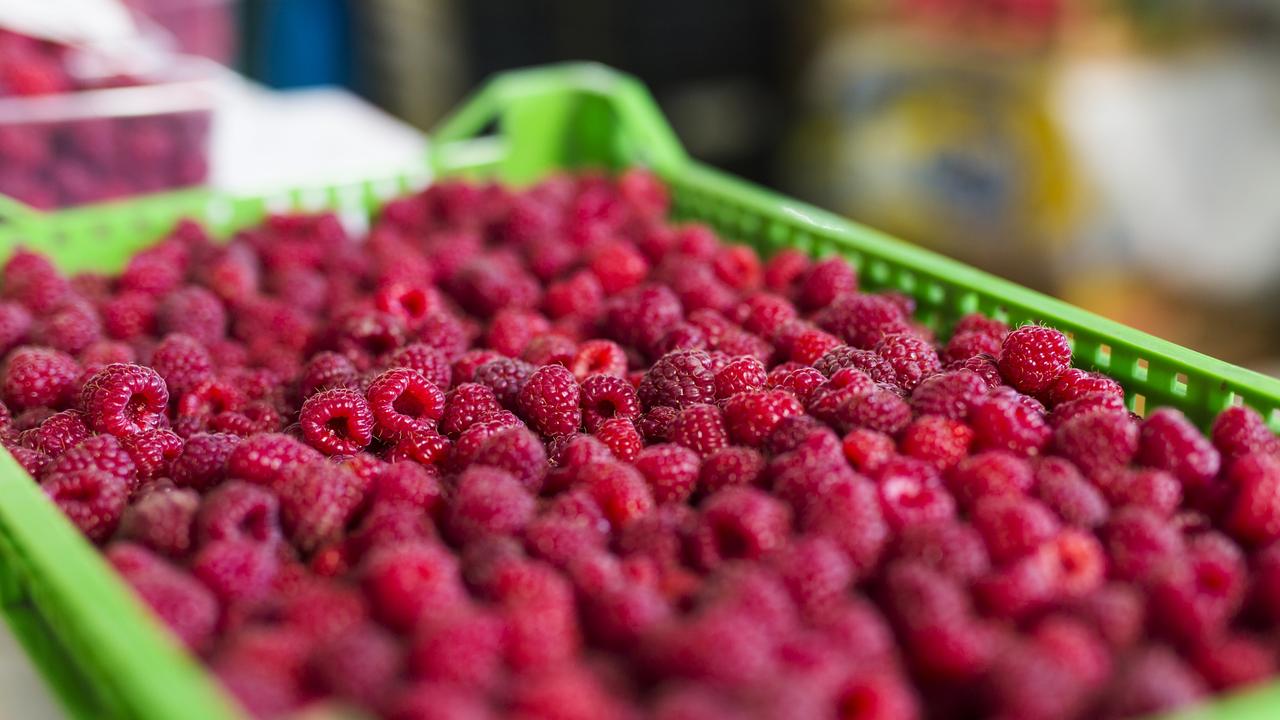Bien brings best of British engineering to mushrooms
Mushroom farming can bring out the true inventor especially when you incorporate some ingenious production processes.

WHAT happens when a former Ford design engineer turns his mind to farming mushrooms?
The result is a reinvention of production methods.
British-born Bien Lema worked at BMW in the UK and Germany, moving to work at Ford in Melbourne for five years in 2006, before launching his hobby-turned business Flora and Fungi in 2018.
Based on his 1.6ha permaculture property at Ellaswood, outside Bairnsdale, Bien currently — thanks to COVID — produces about 20kg a week for Gippsland’s restaurant industry in two gourmet varieties: king oyster and the white pom-pom style lions mane.
Once pandemic restrictions end he hopes to increase weekly yield 50-100kg, sell into Melbourne and to the public, via his website, and expand lines into turkey tail, reishi, and a range of oysters including pink, grey and tan.
The 48-year-old said his former career informed production processes.
“When required, I’ve designed my own equipment and I’m very process-oriented in the way I run production, especially the way I grow compared to other commercial growers,” Bien said.
“I follow the same process every day to ensure my systems work.”
Unlike common mushroom varieties such as button and Swiss brown that can grow in the dark and in compost, gourmet mushrooms can benefit from being grown in light and different mediums such as grains, wood and straw.
PLASTIC UPSTAGED
BIEN, who has read widely on mushroom farming and completed a mycology course, said most commercial gourmet mushroom growers used vast quantities of disposable transparent plastic bags to grow out their crop, the easiest, most convenient and sterile method.
But from the start of Flora and Fungi, Bien made a conscious choice to avoid single use plastic throughout the three-stage growing process.
In the first two stages he uses recyclable glass jars, firstly growing spores in a liquid culture or alternatively agar for two to four weeks.
The colonised mycelium is then transferred on to organic grain for further grow out up to three weeks.
In the third stage, the colonised grain is transferred to a substrate, made by Bien including sawdust, straw and other ingredients.
To grow out mushrooms Bien puts the pasteurised substrate in repurposed food-grade tubs, five litres to 20 litres, sourced from bakeries and restaurants, which previously held foods such as feta and olives.
Bien designed his own steamers in order to pasteurise the substrate, with tubs reused up to a year before going to the tip for recycling.
He also uses cold pasteurisation methods, depending on what type of substrate is used.
“There’s a lot more work in this process because I have to clean containers and also a lot more space is needed,” he said.
“Unlike clear plastic bags that are commonly used, these tubs do create their own challenges for growing on a commercial scale and I’m constantly tweaking my processes to overcome these challenges.
“But I end up with a good-quality product without negatively impacting the environment.”
CLEAN, GREEN
A STERILE growing environment is critical at all stages of the process and Bien said so far he had only had two containers fail, containing green mould, then thrown away.
“After I have showered, the first job every day is to wear gloves and a mask, and inoculate containers. My second job is always to harvest, followed by the other jobs. I do it in a precise order to ensure a clean environment.
“That’s where my process- oriented brain comes in handy.”
He uses no pesticides or fungicides, and cleans containers with plant-based detergents.
Bien has a US-style barn on the property, as well as a shipping container, which he retrofitted himself with fans and airconditioners, to keep the humidity just right and temperature around the 22-24C.
During the incubation phase, tubs are kept on trolley racks, made by his welder mechanic neighbour.
To reduce his environmental footprint further, 34 solar panels produce enough power to supply all his farm needs, in summer with excess energy going into the grid and plans to buy battery storage.
He has a dedicated 22,000-litre rain water tank connected to a water filter system, which again supplies all his water requirements.
The whole mushroom growing process takes up to 12 weeks, but Bien harvests twice a day, with mushrooms growing at various stages constantly.
The recyclable tubs have holes in the sides from which mushrooms emerge and can be cut.
Bien harvests by hand and uses brown cardboard trays for packaging.
“I find it disappointing that many commercial growers pride themselves on recycled packaging yet their processes are environmentally damaging.”
With a brain that craves challenges, Bien said mushroom farming so far provides a perfect outlet.
MORE
GINGER DEMAND SPIKES, SUPPLIES PLUMMET
FARM LABOUR SHORTAGE: REVIVED CALLS FOR DEDICATED HARVEST WORK VISA


